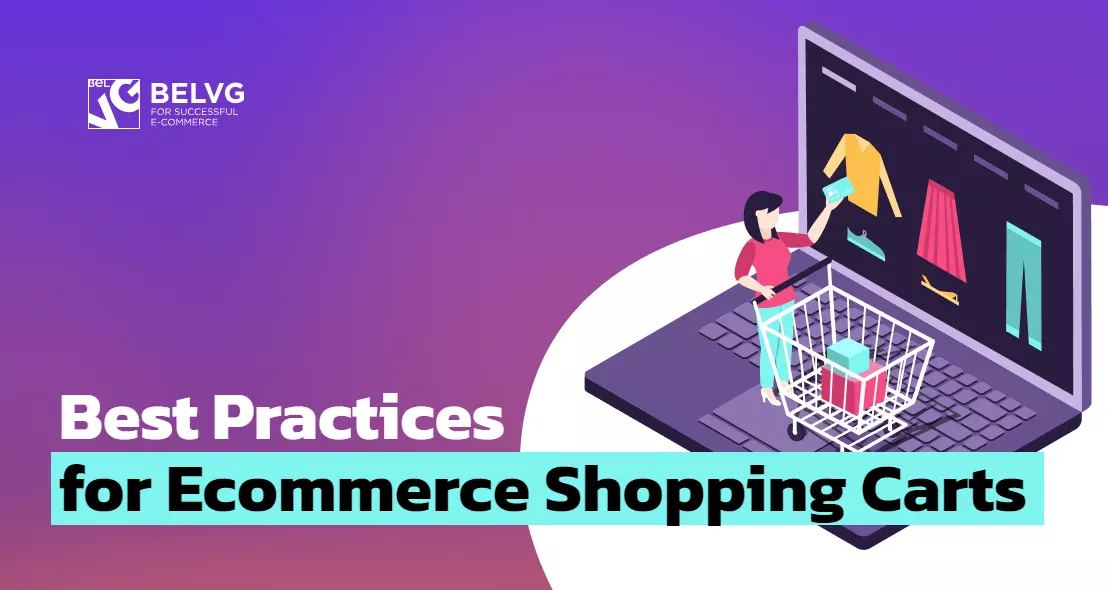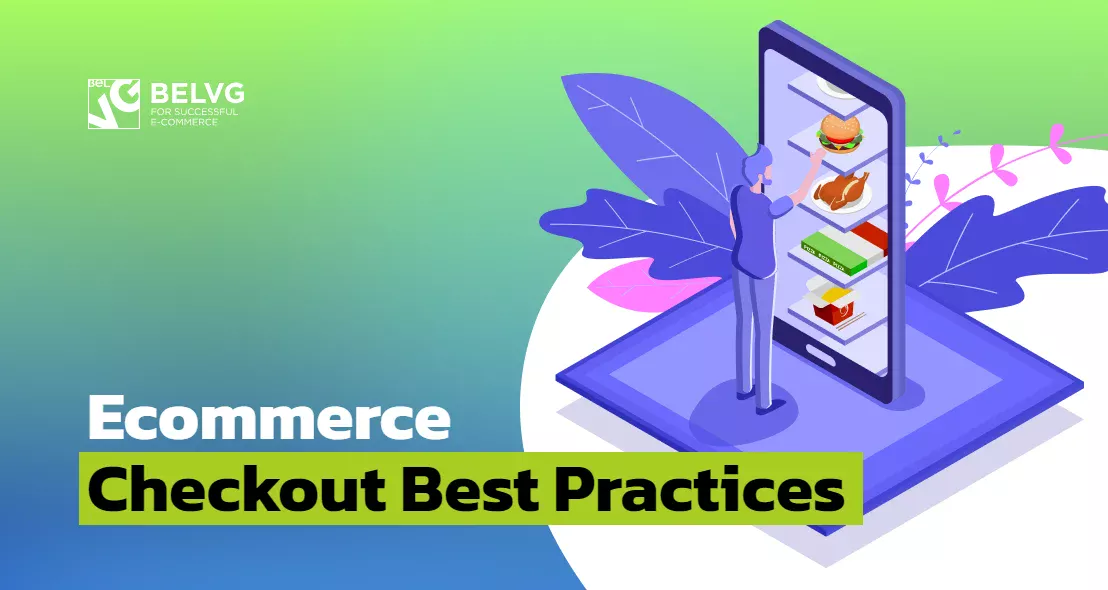
In this article we will get back to Search Engine Optimization of your online shop. This is the topic of great importance, for the position of the website in the search results determines how many new customers will click the link on it. Nowadays a good SEO is a keystone of ecommerce performance that brings the highest ROI among many other online marketing strategies. So if you haven’t had your store optimized, it’s high time to get down to it. Earlier we described 7 Practical SEO Tips for Ecommerce Website.
Elements of SEO
How to find SEO keywords?
Where do you use keywords?
Elements of SEO
A search engine indexes the information on your website and offers your page in the search results if it contains words matching the search request. The information that search engines analyze and that you should optimize can be placed in five categories:
- Site architecture
- Links
- Product description
- Blog content
- Pictures
How to find SEO keywords?
The cornerstone, alpha and omega of SEO are keywords. These are the words or phrases that people type into the search bar. Since they reflect customer or buyer intent, a well-optimized online store can “speak the language” thousands potential customers do. If you select keywords intuitively, there’s no real chance for success; it’s better to conduct a substantial keyword research and determine your keywords once and for all.
There’s what you need to do:
- Draw a list of most relevant to your business topics. The list must be short, no more than 5-7 words, but it should contain the integral notions to your business.
- Search your key notions. Google search autocomplete is a wonderful opportunity to investigate what queries with your words are the most popular and get a couple of brilliant ideas (remember, there’s no shame in learning from a competitor). Large online stores like Amazon or Alibaba are also great sources of potential keywords. Gather the most relevant results in one list.
- Analyze the results. This step can be a bit lengthy and monotonous, but with the help of specialized SEO tools this process can be greatly simplified. Almost all of them can explore your keywords: search volume, total amount of clicks, keyword difficulty, cost per click (CPC), return rate (RR), etc. In a nutshell, the SEO tool should give you answers on which of your keywords will get you to the top-10 at search results.
Here’s the list of free tools for keywords selection:
-
- Google Trends. Allows to analyze Google Search leading queries for different regions and in different languages. It also offers a powerful graph constructor to illustrate and compare trends and their changes.
- Keyword Tool. This tool will generate you a number of long-tail keywords to your topic. Moreover, you can analyze the keyword performance in Google.
- LSI Graph. LSI Graph instrument will generate a set of keywords related to your main notions, topic or niche using Latent Semantic Value (LSV) formula.
- Ubersuggest. This tool will provide you with all the necessary data on your keyword (seasonality, search volume, cost per click, etc).
- KWFinder. Get an accurate keyword difficulty and ranking score with this instrument as well as a comprehensive Google SERP (Search Engine Results Pages).
Search Engine Optimization – where do you use keywords
Since there are 5 types of information, I’m going to give a couple of basic tips for each of them.
Site architecture
- Analyze architectures of top retailers and set the most common and searchable category and subcategory names at your store
- Category and subcategory titles should be short and to the point; otherwise your links get long and messy and won’t be rated high by Google
- Category names shouldn’t be too specific or too generic (neither footwear nor trainers)
Links
- Links should contain product target keywords and/or its synonyms and nothing extra
- Blog article links should contain keywords to the topic. It’s a good practice – of the article heading is long – to shorten it and leave only relevant notions (Heading “How to start working with Magenta: expert guide for online retailers” – link …com/magenta-for-online-retailers/)
Product description
- Reformulate your product description and heading so that it would contain relevant keywords and place them as close to the beginning of the page as possible
- Surprisingly, the longer a product description is, the better position it has. Customers want to know what they are paying for, so the more details you’ll provide about goods, the better: images, features what it’s made of and origins of the materials, use cases, reviews – the possibilities here are endless. Don’t forget that a lengthy description can contain more keywords than s short one.
Blog content
- The content you create must be not only interesting for you to write and for customers to read, but also relevant and trending. Browse the industry news, find hot topics and create insightful articles that will take you to the top positions of search results.
- Create relevant and quality content that your readers might be interested in: product reviews, use cases, announcements of new products and product versions, analytical articles, interviews with producers, experts and buyers
Pictures
- Customize picture name so that it would include keywords to the page
- Use keyword alt tags (are easily found and edited at the admin panel) for search engine crawlers to see and index
If you’re still sceptical about SEO marketing, just keep in mind, that 95% of all web traffic stays at the page 1 of Google search results. As you can see, the stakes are high, and to hit at least top-10 on Google results it’s better not to put search engine optimization for tomorrow. There’s, however, an alternative way to get to the first search engine results – launching a paid GoogleAds campaign – but this is a whole other thing.
If you have any questions, leave us a comment down below!





